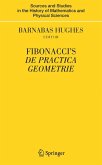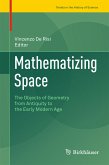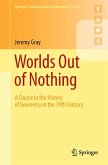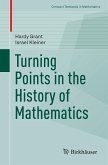Euclides vindicatus, written by the Jesuit mathematician Gerolamo Saccheri, was published in Milan in 1733. In it, Saccheri attempted to reform elementary geometry in two important directions: a demonstration of the famous Parallel Postulate, and the theory of proportions. Both topics were of pivotal importance in the mathematics of the time. In particular, the Parallel Postulate had escaped demonstration since the first attempts at it in the Classical Age, and several books on the topic were published in the Early Modern Age. At the same time, the theory of proportion was the most important mathematical tool of the Galilean School in its pursuit of the mathematization of nature. Saccheri's attempt to prove the Parallel Postulate is today considered the most important breakthrough in geometry in the 18th century, as he was able to develop for hundreds of pages and dozens of theorems a system in geometry that denied the truth of the postulate (in the attempt to find a contradiction). This can be regarded as the first system of non-Euclidean geometry. Its later developments by Lambert, Bolyai, Lobachevsky and Gauss eventually opened the way to contemporary geometry.
Occupying a unique position in the literature of mathematical history, Euclid Vindicated from Every Blemish will be of high interest to historians of mathematics as well as historians of philosophy interested in the development of non-Euclidean geometries.
Dieser Download kann aus rechtlichen Gründen nur mit Rechnungsadresse in A, B, BG, CY, CZ, D, DK, EW, E, FIN, F, GR, HR, H, IRL, I, LT, L, LR, M, NL, PL, P, R, S, SLO, SK ausgeliefert werden.
"This is the first complete English edition of Saccheri's Euclides vindicatus of 1733, and, with 55 pages of introduction, 99 pages of notes, 11 pages of bibliography, the definitive one. ... The material in the introduction and the notes is of great interest to both historians of mathematics and to mathematicians ... ." (Victor V. Pambuccian, zbMATH, Vol. 1303, 2015)









